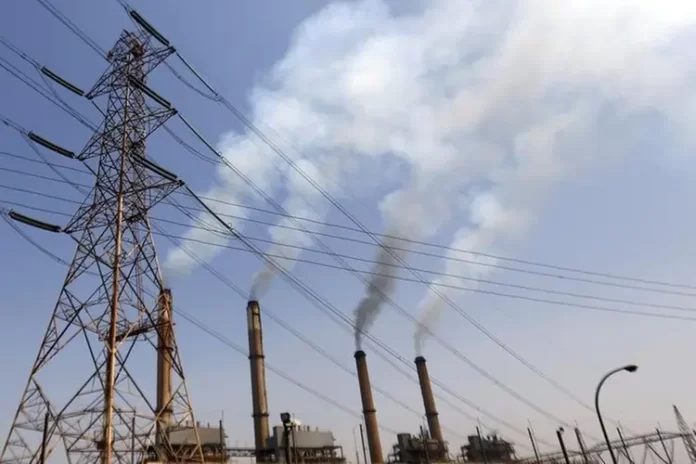Pakistan’s electricity distributors, including K-Electric, underperformed significantly in 2022-23 due to poor governance, resulting in a Rs 1 trillion annual financial shortfall and increasing the country’s energy sector circular debt by an extra Rs 350 billion.
The National Electric Power Regulatory Authority (NEPRA), in its report, highlighted the need for immediate restructuring within the power sector to prevent potential industry shutdowns and to keep electricity charges manageable for consumers.
“The power sector grappled with persistent issues, ranging from increasing capacity payments to over-reliance on imported fuel, under-utilisation of power plants, circular debt, transmission constraints, operational inefficiencies, under-utilization of HVDC line etc. However, the primary driver of the power sector’s stress is poor governance, spanning from planning to execution and subsequent operation, coupled with lack of accountability” – State of Industry Report 2023 by NEPRA.
NEPRA’s analysis, based on data from the distribution companies, pointed out widespread deficiencies in areas such as technical losses, billing recoveries, and customer service.
A particularly alarming aspect of the report was the high number of fatalities associated with electrical accidents, totaling over 160 in the year, with 33 occurring within K-Electric’s network alone.
Despite some instances of commendable performance, no distribution company fully achieved its operational goals, leading NEPRA to conclude that without substantial reforms, the current system is incapable of delivering satisfactory outcomes.
Proposed reforms include breaking up larger distribution companies, provincial decentralisation, privatisation or corporatisation through public-private partnerships, modernising technology to reduce losses, and adopting a more customer-focused business model.
NEPRA’s report highlighted further, “The substantial PLAC (Part Load Adjustment Charges), reported at Rs 46.59 billion during FY 2022-23, is a wake-up call to curb unnecessary financial burden on the power sector. The PLAC could be substantially reduced through effective implementation of better load management planning and Time of Use (TOU) tariff.”
Despite some achievements in reducing transmission and distribution (T&D) losses, overall, the sector’s performance fell short, with losses contributing significantly to the financial deficit.
Specific companies in Faisalabad, Gujranwala, and Karachi were noted for managing their losses effectively, but others lagged, leading to a considerable financial impact on the national treasury.
Additionally, the reluctance to provide new connections has stifled demand for electricity, despite sufficient generation capacity.
This failure to connect eligible consumers has resulted in over 1,100MW of unmet demand, underscoring systemic inefficiencies and the need for improved service delivery standards.
NEPRA also criticized the practice of load shedding based on technical and commercial losses, initiating legal action against several companies for violating regulatory standards.
This approach not only undermines the regulatory framework but also unfairly penalizes consumers who pay their bills promptly.




